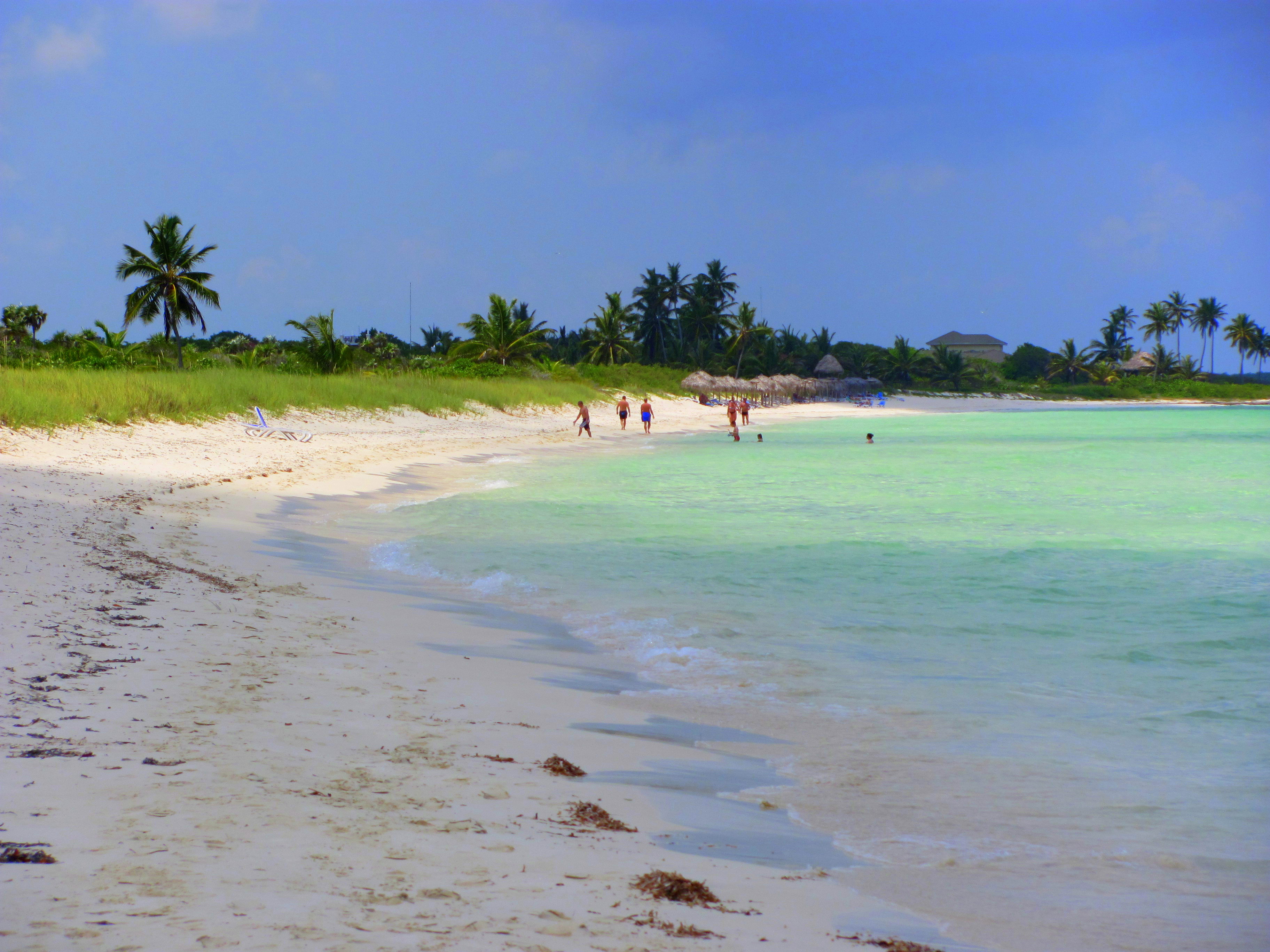Dear Dalton
Dear Dalton McGuinty, premier of Ontario
Can you spare me $50,000?
I swear to you that my reasons for asking for it are pure; I just want to heal people. You see, I am studying to be a naturopathic doctor. I want to cure disease and make the world a better place, but in order to do that, I’ll need some cash.
Sure, you guys, the Ontario Government, supply me with a loan of about $11,000 a year. That’s great, thanks for that. However, my tuition alone is more than $20,000 a year and, having to study in Toronto, I also need money for rent and living expenses. Sadly, with the condo market the way it is right now, opportunities for squatting in abandoned factories are slim. Rent prices are a serious matter these days and having to study for 8 years will put my graduating age at 28 (some of my colleagues will be even older) so I unfortunately can’t live with my parents forever. They’ve been paying taxes for a long time and they want to retire in peace one day too.
I would hit the streets banging pots and pans in protest, like my colleagues in Quebec, however with times the way they are right now I barely have enough for a pot to pee in, let alone bang on. My time is precious as well – I commute 3 hours a day (due to the living-with-parents thing) and study for about 8. When I come home I have to eat, work on assignments, walk the dog, do some exercise and eventually sleep. I need to take care of my body a little; I am going to be a naturopath, after all.
I can work in the summer but unfortunately 4 months of work won’t pay the tuition for 4 years of school. I can’t work during the school year for the reasons outlined above and, oh yeah, during the summer I have board exams to study for and preceptor hours to accumulate so my time is precious during those months too. I wish things were like they were back in the ’80’s when a summer of work could easily make enough money for tuition for the following year but, as Bob Dylan says, “The times they are a-changin'”.
Perhaps we could put some of our tax dollars to work. I hear we spend a lot on our military. Could we maybe spare some funds there? I know it may sound crazy at first, but other countries (Costa Rica, Switzerland) have managed to do it. I may not have much training in the realm of politics besides a first year political philosophy course I took as an elective in university, but I’m sure that would help balance the federal budget. I know you’re the premier of Ontario and defense is not really a provincial expense, but maybe you could forward this on to PM Stevie H. for me. I’m positive that Canadians would feel better knowing that the money is going towards supporting our economy and training healthcare practitioners. After all, isn’t heart disease a much greater threat to the lives of Canadians than the possibility of terrorist attacks? What’s more, I always thought that the ritual of spending billions of dollars to murder foreigners would be something we’d have long let go of by now. One would hope that that kind of irrational nationalist BS would have ended back in the early 1940’s. Sigh, I guess we were wrong and it looks like Flower Power still has a ways to go. Maybe one day.
If you don’t like that option, I’m sure there are others. Marketing for the LCBO to get people to drink more alcohol is surely a fluff expense. Last time I checked people didn’t need to be told to drink (in fact we have organizations that help them not do that, but we can discuss that another time) and since when does a monopoly need to advertise anyways?
Ok. Well, I hear that Cuban medical students can sign a contract agreeing to work in rural areas and in doing so receive free medical education. Cuba is a poor country, and a socialist one at that. If they can afford to pay for medical education (not only for their citizens but for the citizens of other developing countries as well) then surely Canada, one of the world’s richest countries, can too. I know that I’ve heard criticism likening this system to a kind of “modern day slavery” – having students sign away a few years of their lives in order to study. However, I also know that “slavery” can be a loose term and, to be fair, I think that the definition of “modern day slavery” should be expanded to include the shackles of student debt. You see, I would rather spend my life providing much-needed medicine to a rural community than forced to pay back my debt by providing acupuncture for facial rejuvenation to the rich. I entered this field to heal people from disease and, according to my textbooks, wrinkles aren’t really a disease, no matter how unsightly we tell ourselves they are.
So, in short, Mr. McGuinty, can you spare me the $50,000? I’ll pay you back one day provided I open a successful practice (I’ll need some money for that too, if you don’t mind) and my patients can afford to see me. You see, times are tough for everyone and I’m assuming my patients will be paying off their student debt as well.
I’ll accept cash, check or credit. I’m not picky.
Thanks a bundle.
Sincerely,
Talia Marcheggiani, BSc(Hons), ND candidate 2014


